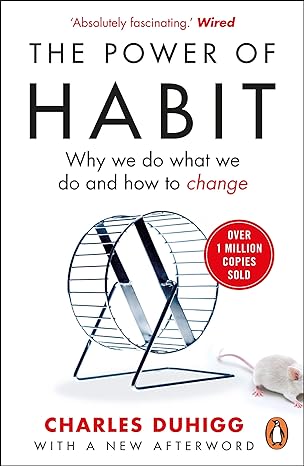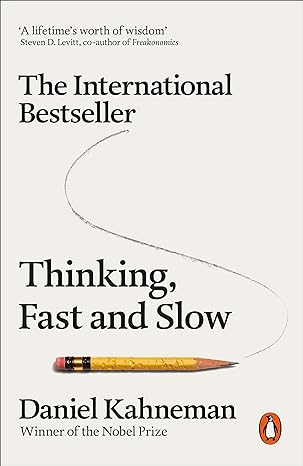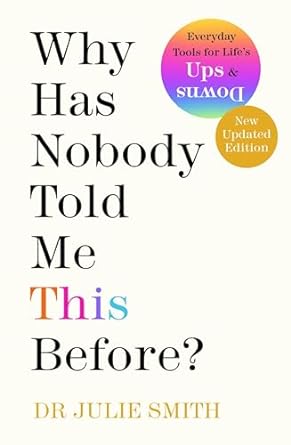“The Power of Habit” by Charles Duhigg delves into the science behind why habits exist and how they can be transformed. Through engaging stories and research, Duhigg explores the habit loop—cue, routine, reward—and explains how habits shape our lives, from personal behavior to corporate practices. The book offers actionable insights on how to harness the power of habits to create positive change, emphasizing the importance of keystone habits, willpower, and belief. It’s a must-read for anyone looking to understand and take control of the patterns that define their daily life.

Here are 25 key lessons from “The Power of Habit” by Charles Duhigg:
1. Habits Are Powerful: Habits shape our lives and have a significant impact on our behavior, decisions, and routines.
2. The Habit Loop: A habit consists of a three-step loop: cue, routine, and reward. Understanding this loop is crucial to changing habits.
3. Cues Trigger Habits: A cue is a trigger that tells your brain to go into automatic mode and execute a habit.
4. Routine Is the Action: The routine is the actual behavior or action that follows the cue. This is what we typically think of as the habit itself.
5. Rewards Reinforce Habits: The reward is the positive reinforcement that follows the routine, which helps your brain remember the habit loop in the future.
6. Cravings Drive Habits: Cravings are what drive the habit loop. We develop cravings for the reward that follows the routine.
7. Keystone Habits: Some habits have the power to start a chain reaction, changing other habits as well. These are called keystone habits.
8. Small Wins Matter: Small wins can build momentum and confidence, making it easier to tackle bigger changes.
9. Willpower is a Muscle: Willpower can be strengthened with practice, but it can also be depleted if overused.
10. Belief is Essential: Belief in the possibility of change is crucial for changing habits. This belief can be personal or come from a group or community.
11. Changing Habits Requires a Plan: To change a habit, you need to identify the cue, routine, and reward, and then create a plan to alter the routine while keeping the cue and reward the same.
12. The Power of Community: Social support and community can play a vital role in changing habits. Being part of a group with shared goals reinforces new habits.
13. Cue-Routine-Reward Can Be Applied Anywhere: The habit loop can be used to understand and change habits in any area of life, from personal health to workplace productivity.
14. Golden Rule of Habit Change: The golden rule is to keep the cue and reward the same but change the routine.
15. Habits Are Never Truly Forgotten: Habits cannot be erased, but they can be replaced by creating new routines.
16. Awareness is Key: Being aware of your habits and their triggers is the first step toward change.
17. Routine Can Be Positive or Negative: The same cue and reward can lead to either a positive or negative routine, depending on your choices.
18. Habits and Addiction: Understanding the habit loop helps explain how addictions form and how they can be addressed.
19. Habits in Organizations: Just like individuals, organizations have habits, and changing these can lead to significant improvements.
20. The Importance of Environment: Your environment can trigger habits, so changing your environment can help you change your habits.
21. New Habits Require Commitment: Forming new habits takes time and commitment, typically 21 days or longer.
22. Focus on One Habit at a Time: It’s more effective to focus on changing one habit at a time rather than trying to overhaul your entire life at once.
23. Failures Are Part of the Process: Setbacks are normal when changing habits. Learn from them and keep going.
24. Experiment with Rewards: If you’re trying to change a habit, experiment with different rewards to see what works best.
25. Habits Can Shape Your Identity: Over time, your habits become a core part of your identity, influencing how you see yourself and how others perceive you.
These lessons offer a comprehensive understanding of how habits work and provide practical strategies for changing them.


